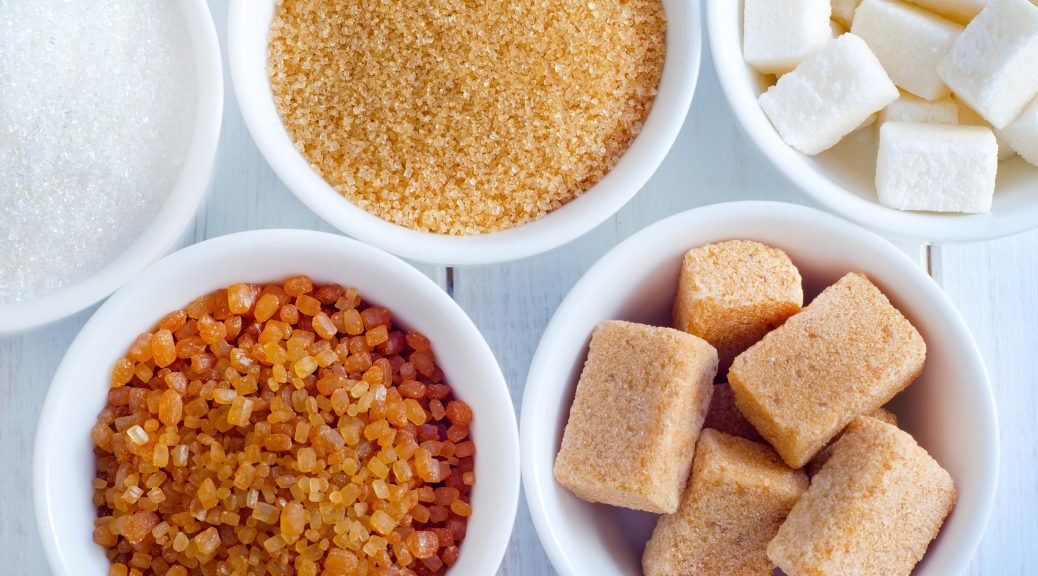Motivation is the determination to reach our personal goals or desires. It is influenced by how much we want to achieve that goal, what we might gain from the achievement and what we from expect from ourselves.
There is little doubt that when it comes to health and wellness, the ability to stay positively motivated and continue with good physical activity and nutrition habits can be a struggle. Often we start out strong and then ‘life’ gets in the way and we go back to our old, perhaps not so good, behaviours. So here are some quick tips to help you stay motivated.
- Self-belief to stay motivated is important as it influences our thinking. Developing a positive and high self-belief can create successful changes in our behaviours especially during exercise and help us reach our goals. Use positive self-affirmations.
- Find your reason why you want to achieve this goal, write it up somewhere and keep your focus on it, this is often a good way to stay motivated if you feel you are faltering.
- Set realistic, rewarding goals and regularly review them. This is a key aspect of keeping yourself motivated to get the positive benefits. To start with, it is sometimes helpful to just set one achievable goal and work it into your daily routine, break it down into manageable parts. For example if your goal is to exercise, start by doing a daily walk for 30 minutes. Have a timeframe for when you want to have achieved this a s regular activity and then build on it.
- Keep a good and regular routine – Use an app or a reminder system so you can’t let the day escape before you have achieved your daily goal – some people make this work by creating a daily appointment for themselves just as they would for any other appointment for example the hairdresser, doctor, dentist or a friend. Being busy’ or ‘being too tired’ often causes a break down in the routine that was
initially set.
- Use your family and friends as support – tell them about your goals and encourage them to help keep you motivated. Buddy up with someone so you can help and motivate each-other or get yourself a mentor to guide you. Check your goals and your progress frequently. Seeing good progress is a great motivator in itself, and can also improve your self-confidence.
- Keep goals fun and reward yourself when you have achieved them, make a plan for when and how you will do this. Put a note on your calendar for reward day so you keep progressing towards the goal.
Remember …..
If you lose motivation for a day or two, don’t let that deter you. Pick yourself up and carry back on again, see it as a challenge not a failure, setbacks are normal.









